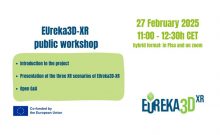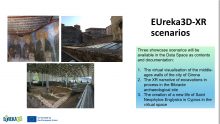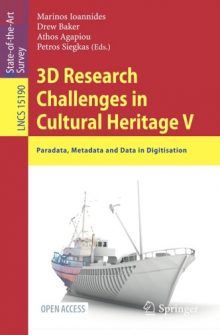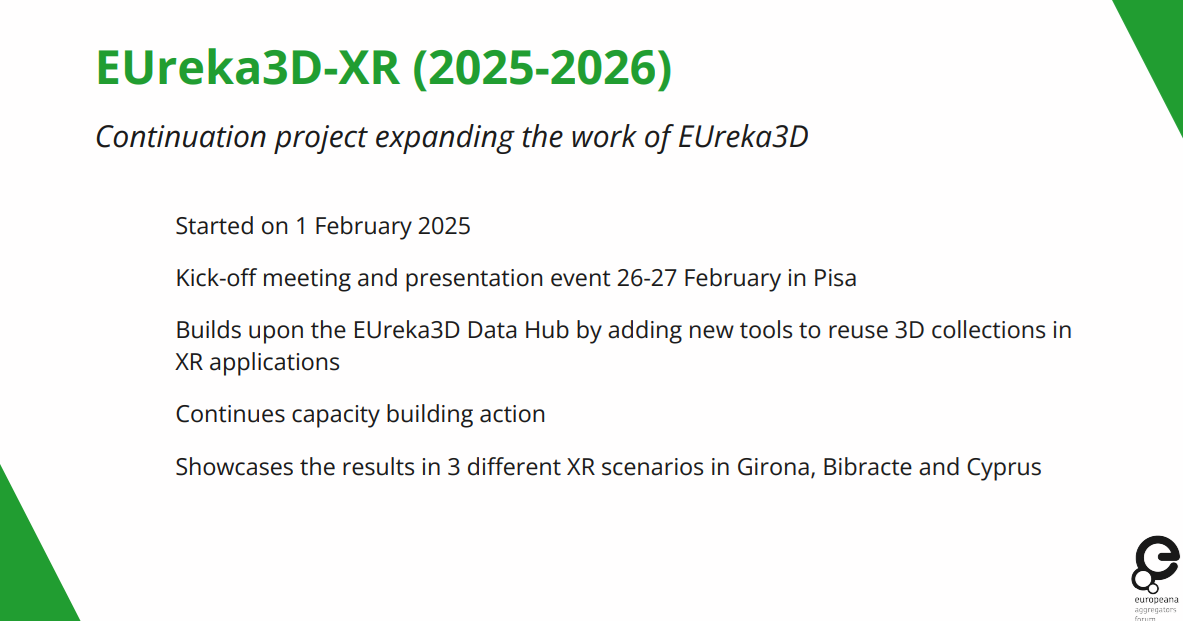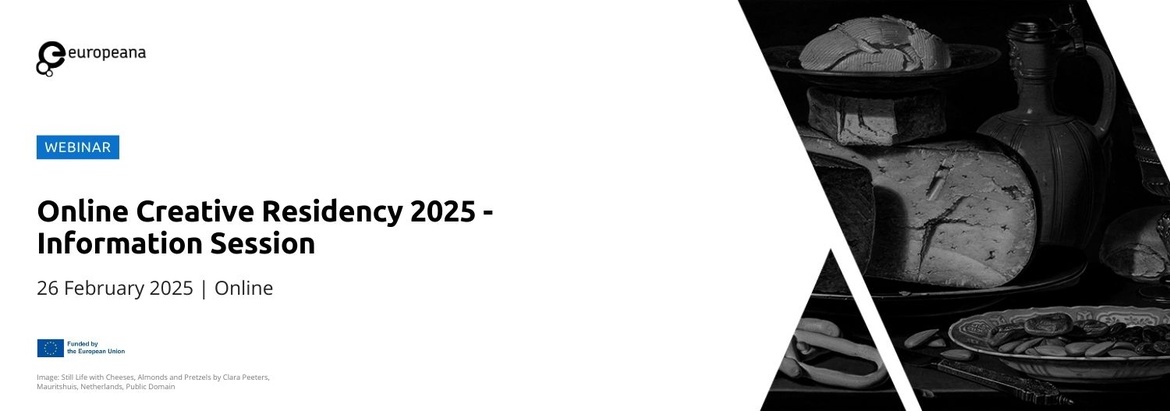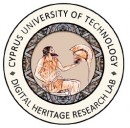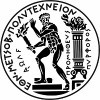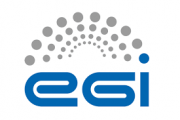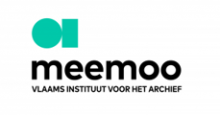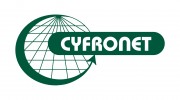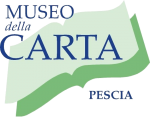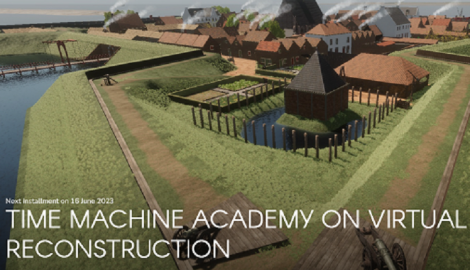
Time Machine Academy shows how a virtual reconstruction of a historical site is made, based upon the example of the 17th century fortress of Lillo, Belgium. This fortress was reconstructed by Visual Dimension bvba, in close cooperation with the Centre for Urban History at the University of Antwerp and the European ‘Recapture the Fortress Cities’ (RCF) project.
Just north of Antwerp (Belgium) lies Fort Lillo, one of the oldest forts around Antwerp. The villages around the area have disappeared during recent harbour expansions in the 1960s, but Fort Lillo has been preserved as a heritage site. In the coming years, Fort Lillo will go through a process of intensive spatial replanning, mainly initiated from the need for more substantial levees protecting the inland area from flooding.
To facilitate this process, a true ‘Time Machine’, allowing to virtually travel between past, present, and future of Fort Lillo was designed. To build this Local Time Machine, researchers from the Antwerp Time Machine and the specialised digital heritage company Visual Dimension teamed up with Regionaal Landschap de Voorkempen in a pilot action VirtuaFort within the project RFC (Recapture the Fortress Cities), funded by Interreg Europe and the City of Antwerp. While historical sources tend to be fragmented and incomplete, a 3D reconstruction asks for filling in all missing information to visualise every part of the given study area.
VirtuaFort consists of 3D virtual reconstructions of the historical fortress and its immediate surroundings in 1640 (past), panoramic visualisation of the current situation (present) and 3D visualisation of the masterplan for the future fortress in a Time Machine application that allows to interactively explore these three time periods and switching interactively from one period to another.
The results of VirtuaFort are in the first place aimed towards the general public, consisting of local inhabitants, tourists and guided groups, making heritage more visible through virtual reality. It also proves to be an excellent tool for more sustainable conservation and as a tourist attraction.
Dates of the Academy:
- Friday, 16 June 2023 – 14:00 to 16:00 CEST
- Friday, 23 June 2023 – 14:00 to 16:00 CEST
- Friday, 30 June 2023 – 14:00 to 16:00 CEST
Prerequisites to participate in this Academy:
- A working computer with an internet connection and a recent web browser
- An intermediate level of English
Follow these links to register and to learn more about the Academy.



